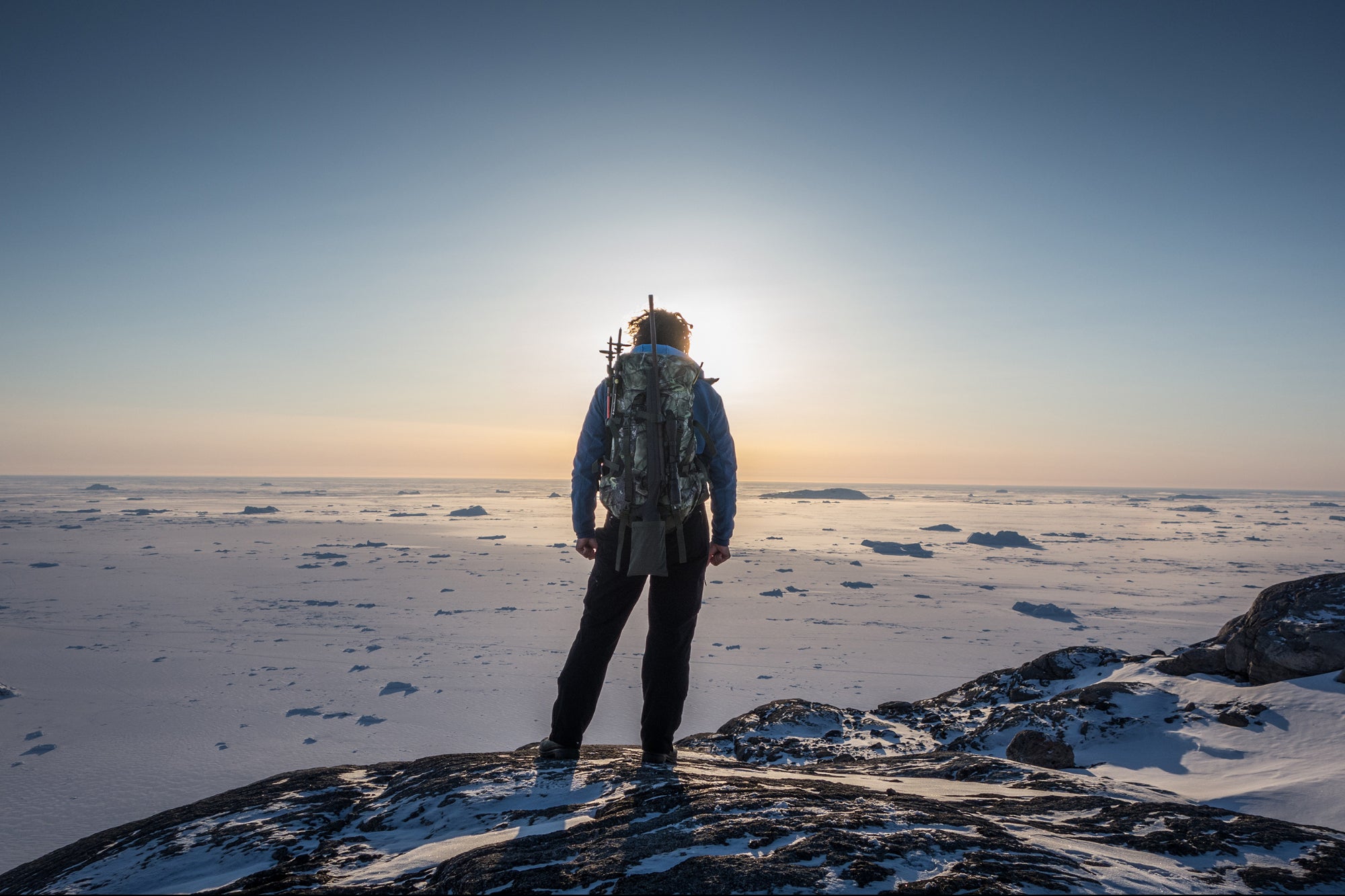4 Lessons for Coping With Trying Circumstances From a Polar Explorer A 20-year career that brings me to the most remote corners of the world has taught me how to deal with circumstances like the ones we're facing now.
By Nicolas Dubreuil Edited by Jessica Thomas
Opinions expressed by Entrepreneur contributors are their own.

For more than 20 years, I have been on expeditions to the most isolated places on the planet — from the Arctic ice pack to parts of Antarctica where fewer people have been than the moon. I have spent long periods of time removed from the rest of the world without any source of communication. These great periods of solitude I experienced were often due to difficult situations that were out of my control, which is not unlike what we're experiencing today. I've spent weeks hiding in a snow hole waiting for a storm to pass, pitched a tent on a piece of ice as it drifted in the Arctic and crouched under my kayak waiting for the rain to stop deep in the Amazon rainforest.
Related: What Running With the Bulls and Polar Exploration Can Teach Entrepreneurs (Podcast)
Contrary to what many people think, it is not physical fortitude that gets one through a challenging time like this, but mental fortitude. Isolation is an opportunity to be creative and adapt to your circumstances. I see it as a rebirth. Here are my suggestions for how to cope through these trying times.
Look away
The first question many people ask when they're in a difficult situation is "When does it stop?" Always overestimate how long the crisis might last. Everyone remembers that endless hike where participants are promised the summit is "only five minutes away, just behind the hill." In actuality, the summit is still an hour out.
As a rule of thumb, I ask myself how long I think the situation will last and then multiply the duration by two. To manage expectations, it's better to be pessimistic and offer disappointing news at the beginning. If by chance the period is shorter, it will be perceived as an exceptionally great update. Managing uncertainty is an art, but if we step back, we realize that nothing is fixed in our world. It's most important to remember: All things come to an end. I compare this crisis to a snowstorm — the weather will change, the sun will shine again and we will get through this.
Related: What Scaling Mount Everest Taught Me About Leadership
Learn and share
We need to learn how to make the best of a situation. Easier said than done, I know. Being stuck in a tent during a storm is a great time to rest and take care of ourselves. During normal times, our attention is divided as we attempt to multitask. In a period of confinement, we gain the most precious element we have on earth: time. It's important to take advantage of this moment. It allows our brain the assimilation of knowledge; this is a period that's often neglected, yet essential for learning.
Times of hardship are an opportunity to reflect on what has led us to this situation and to put plans in place that prevent us from falling back into the crisis. During an expedition, we review the map, analyze the weather and understand how the choices we made brought us to this situation to ensure this doesn't happen again. As Albert Einstein said: "Madness is making the same mistakes again and expecting a different result."
Related: 5 Ways Adventure Travel Makes You a Better Entrepreneur
Praise boredom
Boredom is a creative force, a mark of talent, the trial and error of genius. God was bored before he created the world. Newton was lying in the grass and staring at crows when he saw the apple of universal gravitation fall from the tree. Great minds do nothing and get bored like French writer Francois-Rene da Chateaubriand, who yawned away his life before writing Atala. There's often a great creative force that comes after boredom.
We must be able to make our brain and muscles work as much as possible. Personally, I take advantage of this kind of situation to work on the right side of my brain. I take the time to write. I don't watch movies, I make movies. Use this opportunity to satisfy and pursue your passions. I am lucky enough to have a workshop at home, so I build furniture and items for my home. I also try new techniques with my methods. It is time to make mistakes and start over.
Related: Business Opportunities for Young Entrepreneurs in Adventure Tourism
Take care of others
Thinking of others and helping those in need will distract you from self-centeredness that develops in confinement. It's rewarding for you and your peers. It's also about honoring, observing, learning and caring for the environment too. Nature continues to show us its power in relation to man. This is the time to regain that intimate connection we have to the earth.
Related: Traveling the World Is an Adventure That Makes You a Better Entrepreneur









